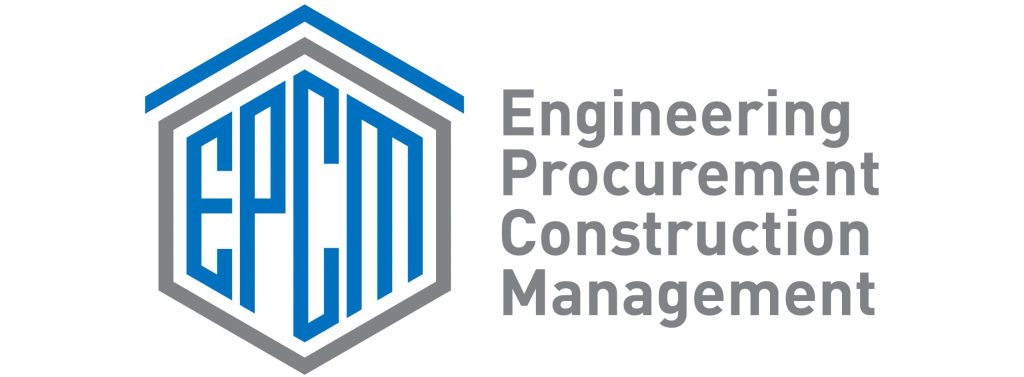Introduction
In the dynamic field of construction, particularly within the spheres of EPC (Engineering, Procurement, and Construction) projects, financial management plays a pivotal role in ensuring project success. Effective financial oversight can be the difference between a profitable project and a financial misstep. As such, project managers in Calgary’s thriving EPC sector, and beyond, need to arm themselves with robust financial management strategies. This blog delves into essential financial management tips, tailored specifically for construction project managers overseeing EPC contracts, engineering designs, procurement processes, and construction services.
Understanding the Financial Fundamentals
Before diving into complex strategies, it’s crucial for project managers to grasp the financial basics of EPC projects. This includes understanding the project’s scope, budgeting, cost estimation, and financial reporting. Establishing a solid foundation in these areas ensures that project managers can effectively communicate with stakeholders and make informed decisions.
Budgeting and Cost Estimation
Budgeting and cost estimation form the cornerstone of financial planning in EPC projects. Utilizing tools and software for accurate cost estimation and budget tracking is vital. For detailed guidance on budgeting practices, the Construction Financial Management Association (CFMA) provides invaluable resources (CFMA Resources).
Financial Reporting and Analysis
Timely financial reporting and analysis allow project managers to monitor the project’s financial health and make adjustments as necessary. Implementing software solutions that offer real-time financial data can greatly enhance this process.
Cash Flow Management
Effective cash flow management is critical in construction projects where expenses and revenue streams can fluctuate significantly. Project managers must ensure that cash flow is sufficiently managed to cover costs and mitigate financial risks. Strategies include:
Progressive Invoicing: Billing clients based on project milestones or completion stages to maintain steady cash flow.
Cost Monitoring: Regularly reviewing project expenses against the budget to identify and address variances early.
For an in-depth look at cash flow management strategies, visit Investopedia’s Cash Flow Management Guide.
Risk Management and Contingency Planning
Identifying potential financial risks and developing contingency plans is essential for any EPC project. Risk management involves:
Risk Assessment: Evaluating the likelihood and impact of financial risks on the project.
Contingency Funds: Setting aside a portion of the budget to address unforeseen expenses.
The Project Management Institute (PMI) offers resources on risk management best practices that are applicable to the construction industry (PMI – Risk Management).
Leveraging Technology for Financial Management
In today’s digital age, leveraging technology is non-negotiable for efficient financial management. Project management software with integrated financial management features can streamline budget tracking, cost control, and financial reporting. Platforms like Procore or QuickBooks for construction are popular among project managers for their comprehensive features.
For recommendations on project management software, visit Software Advice’s Construction Project Management Software Guide.
Strategic Partnering and Contract Management
Successful financial management also hinges on strategic partnering and effective contract management. This involves:
Selecting the Right Partners: Working with subcontractors and suppliers who provide competitive pricing and reliable service.
Effective Contract Negotiation: Ensuring contracts are clear on payment terms, scope, and timelines to prevent financial disputes.
For further reading on contract management in construction projects, the American Bar Association provides resources on best practices and legal considerations.
Continuous Learning and Professional Development
The construction industry is continually evolving, and staying updated with the latest financial management trends and practices is crucial. Engaging in continuous learning and professional development opportunities can significantly enhance a project manager’s skill set.
Conclusion
Financial management in construction, especially within EPC projects, demands meticulous planning, continuous monitoring, and proactive decision-making. By embracing these financial management tips, project managers can steer their projects toward financial stability and success, ultimately contributing to the growth and reputation of their EPC companies.

